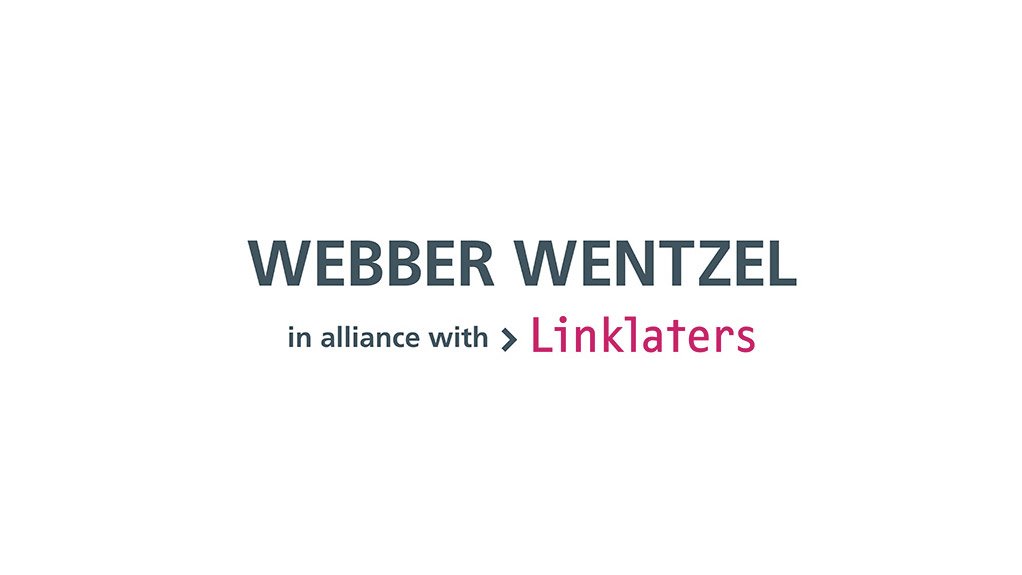The African Continental Free Trade Agreement is making steady advances, with more than 80% of the first tariff lines having been agreed under the Rules of Origin.
Although by end-February 2022, 14 months after the African Continental Free Trade Agreement (AfCFTA) came into force, no countries had started trading under it yet, we have seen steady progress on implementing the agreement. This is a good achievement, given the difficult circumstances that have accompanied Covid-19.
Bodies such as the AfCFTA Secretariat, Afreximbank and Tralac have already made strides in capacity building and educating participants.
The Phase I negotiations produced agreements such as the protocol on trade in goods, protocol on trade in services and protocol on rules and procedures on the settlement of disputes. Phase II negotiations, which have now started, will cover competition and industrial policy and intellectual property rights. Draft documents have been circulated for comment and meetings are scheduled for later this year. A lot of those documents require consultation in-country before further meetings can take place.
Phase III negotiations relate to e-commerce, and they have not yet begun.
Establishing Rules of Origin (ROO)
The agreement became effective on 1 January 2021, but no trade could take place until the Rules of Origin (ROO) were decided. At this point, only about 87% of tariff lines under the ROO have been agreed.
To date, the Secretariat has received 43 tariff offers from member states. These offers are going through the technical process. 29 of them so far comply with the modalities and principles of trade and cover 90% of tariff lines. Some of these offers have been made via their customs unions (e.g., SACU in relation to South Africa) or Regional Economic Communities (in relation to ECOWAS for example), and some were made by individual countries (e.g., Egypt). Domestic processes are now in place to implement these rules. Once the compliant countries inform the AfCFTA Secretariat that they are ready to trade, they can begin, but only on the basis of reciprocity.
After countries start to trade, their commitments will apply retrospectively. For example, if they agreed to progressively reduce tariffs over five years, they have to assume that period began on 1 January 2021.
Other obstacles to full implementation
Some of the other issues that are holding up full implementation include:
- Some countries, such as Eritrea, have not yet signed the AfCFTA.
- At this point, many countries do not have the necessary institutions in place, as South Africa does, to implement AfCFTA, and it will take time to build them. They will have to engage experts to help with capacity building and understanding trade concepts. It is important to establish bodies like ITAC to undertake anti-dumping and other tariff investigations for instance. Across the continent we are already seeing more focus on the establishment of investment, trade and export promotion agencies, e.g., in Malawi, Zambia and Zimbabwe. These agencies will help to engage the private sector.
- There is a potential conflict between the AfCFTA and the regional economic communities. Although there is a difference between agreements between individual countries (e.g., Kenya and the UK) and agreements between regional economic communities (e.g., EU and SADC), these agreements cover disciplines such as trade in services and competition. They have their own liberalisation strategies that need to be considered against what the AfCFTA is trying to achieve. However, it is envisaged that AfCFTA and the regional economic communities will operate side by side.
- Countries need to address the important issues of trade in services and movement of people. The deadline to reach agreement on services is June, by which specific commitments are needed.
- Certain tariff lines are deemed very sensitive and will be completely excluded from liberalisation.
- Non-tariff barriers present another hurdle: free trade is not possible as long as goods are being delayed or stopped altogether at borders, and where there are quotas, embargoes, and levies. Addressing these issues necessitates reform of customs and excise and border posts.
- The AfCFTA has established a mechanism for reporting non-tariff barriers, which are a serious obstacle to trade. The private sector needs to be aware that this facility exists and that they should report to it when they encounter such barriers. There also needs to be much more communication around the AfCFTA in individual countries.
Implementing the agreement is achievable, but it will require resources and enthusiasm, as well as political will – especially where there are infant industries which are providing political support in return for tariff protection.
Outlook – major changes over the next decade
AfCFTA implementation is certainly progressing at a slow but steady pace. We believe that over the next decade it will achieve most of its goals. There is a growing realisation that a staggered approach to implementation is most realistic. It is important to consider the big picture – that AfCFTA is creating a framework for African industrialisation, employment, and the alleviation of poverty. This foundation could be transformative for the continent if we can get it right.
Written by Daryl Dingley, Partner, Yael Shafrir, Alliances & Network Lead & Elisha Bhugwandeen, Senior Knowledge Lawyer at Webber Wentzel
EMAIL THIS ARTICLE SAVE THIS ARTICLE ARTICLE ENQUIRY
To subscribe email subscriptions@creamermedia.co.za or click here
To advertise email advertising@creamermedia.co.za or click here











